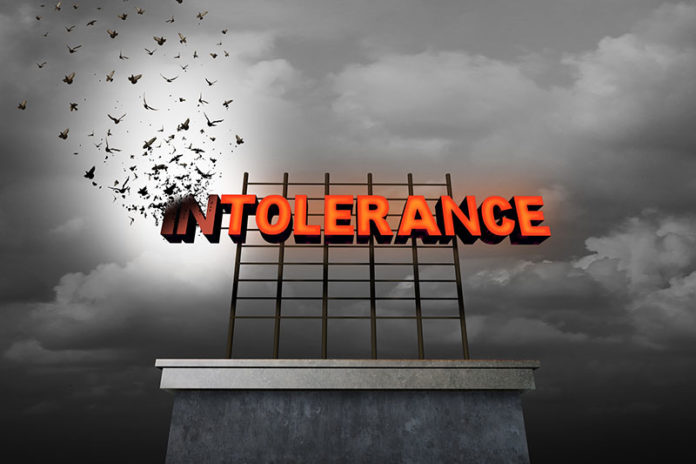The threat of violence, in America, seems to be ever-looming. The vicious shooting in El Paso targeted immigrants, the Charleston Massacre elicited further racial discord, and, in late November, a similar scheme was foiled in the Peachtree State. CNN reported that a 16-year old allegedly planned to attack a majority-black church in Gainesville. For now, that’s where the public’s knowledge ends—but the dearth of information hasn’t stopped political opportunists from demanding changes in policy.
During the upcoming general assembly this spring, the Georgia Legislative Black Caucus, a conglomerate of African-American Democrats in Georgia’s legislature, will push to pass hate crime legislation in the state, which is one of only four without such thought-policing. According to its statement, the legislation would “protect civil rights of all” and more heavily penalize “those who commit hate crimes.” Of course, that would happen without defining what either of those terms mean.
This is a terrible mistake. Georgia Democrats are operating without a clear idea of what they’re trying to fix because the nitty-gritty of the case have not been made public, which means they can’t possibly have the right tools for the repair.
Making policy without fully understanding why is always a bad idea. All we know so far is that a disturbed teenager collected knives and tried to harm an African-American congregation, which was thankfully not present when she arrived. Was it an act of racism? Perhaps. But perhaps not. After all, the Charleston shooter is a devotee of the gospel of racism—but also has mental disorders that undergirded his violent anger. Of course, this was ignored in favor of a broader narrative: racism is the only force that could possibly drive someone to violence. To the opportunist, every other possible cause—mental illness and significant social dissatisfaction—is simply not a priority. And that prevents us from finding actual solutions to the actual problems plaguing us.
But government involvement ultimately hinders the fight against racism. Suddenly, “hate” isn’t an objective term. It’s a broadly-defined word that could be broadly applied—and used to lock people up. No longer is it a matter of principle worth fighting for, but, rather, the personal preference of whatever party ringmaster runs the law enforcement circus at that time. And to those of us worried about the day the pendulum swings the other direction, that’s extremely dangerous.
What if the Gold Dome, one day, comes under the control of a racist? With such a subjective, muddled definition of “hate,” the Democrats’ efforts could quickly be reversed. After all, laws are only as good as those who enforce them. Imagine if a racist governor had been in charge when Black Lives Matter obstructed Atlanta public roads a few years ago. Could a subjective definition of “hate” not have been used to punish them? If Democrats get their way, the answer might be “yes.” Even if they create a very narrow definition of “hate,” other problems arise— instances that should be understood as motivated by hate might not fit into that box. The solution, then, is clear: keep the state legislature far away from the spiritual struggle against hate. Individuals have waged that war for decades, and their results, while far from perfect, have been pretty successful.
As black people, we have an obligation to stand against the racism that’s long hurt us in this nation. We should certainly confront hate whenever it arises—whether it manifests as torch-wielding marauders marching through historic Virginia, or in a disturbed adolescent soul in Gainesville. But let’s do so through the power of persuasion, and avoid handing government a stick with which it could one day break our backs.
Christian Watson is a political writer based out of Georgia and a Young Voices Advocate. He can be found on Twitter at @OfficialCWatson






























